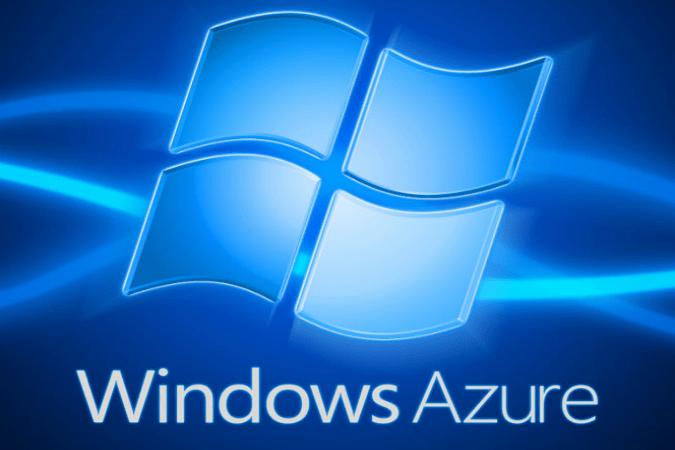
As of today, Windows Azure, Microsoft’s business-centric cloud based operating system, will now be known as “Microsoft Azure,” ZDNet reports. Microsoft is expected to announce the change today, and it will officially go into effect on April 3, during the company’s developer-focused Build conference, which is slated to begin on on April 2.
Though former Microsoft CEO Steve Ballmer adopted a Windows-centric strategy during his tenure as Redmond’s top chief executive, his newly crowned successor, Satya Nadella, has apparently taken a different approach. Nadella’s new way seems to be spearheaded by an effort to mold Microsoft into a company that attempts to leverage competing operating systems as part of larger overall efforts to strengthen its own position.For starters, that means Microsoft will reportedly unveil a version of its Office productivity suite for the iPad at an event held in San Francisco on March 27.
It does not, however, appear as if every cross-platform marriage is being signed off on by Microsoft. After Asus showed off its dual-booting Windows/Android Transformer Book Duet TD300 notebook at CES 2014, both Microsoft and Google are reportedly killing the idea. Then there was the prospect of smartphones that dual-boot Windows Phone and Android hitting the market later this year, but that was squashed as well.
It’s worth nothing that, despite what its former name implies, Windows Azure does support the use of non-Windows based products, like Linux-based virtual machines, which lends credibility to the name change.
What do you think? Sound off in the comments below.
(Image credit via Apterainc)
Editors' Recommendations
- How to alphabetize lists in Microsoft Word
- Windows 11 might nag you about AI requirements soon
- The next big Windows 11 update has a new hardware requirement
- Save $150 on a lifetime license for Microsoft Office for PC
- You’re going to hate the latest change to Windows 11

